Socratic Charis
Socratic Charis
Philosophy without the Agon
Lisa Wilkinson
LEXINGTON BOOKS
Lanham Boulder New York Toronto Plymouth, UK
Published by Lexington Books
A wholly owned subsidiary of The Rowman & Littlefield Publishing Group, Inc.
4501 Forbes Boulevard, Suite 200, Lanham, Maryland 20706
www.rowman.com
10 Thornbury Road, Plymouth PL6 7PP, United Kingdom
Copyright 2013 by Lexington Books
All rights reserved. No part of this book may be reproduced in any form or by any electronic or mechanical means, including information storage and retrieval systems, without written permission from the publisher, except by a reviewer who may quote passages in a review.
British Library Cataloguing in Publication Information Available
Library of Congress Cataloging-in-Publication Data Available
Wilkinson, Lisa Atwood.
Socratic charis : philosophy without the agon / Lisa Wilkinson.
pages cm
Includes bibliographical references (pages ) and index.
ISBN 978-0-7391-6717-5 (cloth : alk. paper) ISBN 978-0-7391-8017-4 (electronic)
1. Plato. 2. Socrates. 3. Agon (The Greek word) 4. Philosophy. I. Title.
B395.W68 2013
184dc23
2012041787
 The paper used in this publication meets the minimum requirements of American National Standard for Information Sciences Permanence of Paper for Printed Library Materials, ANSI/NISO Z39.48-1992.
The paper used in this publication meets the minimum requirements of American National Standard for Information Sciences Permanence of Paper for Printed Library Materials, ANSI/NISO Z39.48-1992.
Printed in the United States of America
For Elijah
Acknowledgments
I wish to express my gratitude to the editorial staff at Rowman & Littlefield, and to Catherine Newman, DeAnn Allison, Gerise Herndon, Nathan Dawdy, Mel Luetchens, andalwaysJoanne Waugh.
Introduction: Bronze for Gold
Walter Benjamin writes, For every image of the past that is not recognized in the present as one of its own concerns threatens to disappear irretrievably.
The meaning of this image is usually assessed in terms of the goods or gifts Glaucus and Diomedes offer one another, specifically Diomedes offers his bronze armor for Glaucus gold armor. The commercial value of the armor passing hand to hand conveys the value of the act, and so the image says something about the economy at work between the two warriors, an exchange of gold for bronze. This is not in our vernacular a good or a fair exchange; as Homer says but Zeus took away [Glaucus] good sense for he gives the worth of one hundred oxen for nine. Thus the image might introduce a recurring theme into this account of the fall of Troy: whether in friendship or in war beware Greeks bearing gifts.
At work in the Homeric image, however, is the practice of xenia, and at work in xenia is how enemies become friends. Not only does xenia supersede the expectations for battle, it takes precedence over the social orders that designate the two warriors as enemies. Between Glaucus and Diomedes, it is as if the world disappears; the proto-political or social reality that configures them in opposition to one another is replaced by another reality in which the memory of how their fathers behaved toward one another prescribes the course of their present actions. From this perspective, the exchange of armor is actually incidental to the value of a relationship xenia makes possible. That is, the exchange of armor is the result of xenia, it is not its cause.
In part, this book explores the possibility that the cause of xenia is neither instrumental nor economic. Rather, contained within the image of two warriors refusing to fight one another might be a certain lost cause, reminiscent of a whole host of lost values that speak to the ethoi of old, archaic practices. Humans value economy, writes Ann Carson. Indeed, and it is because we value economy that the image of these practices has not entirely disappeared, but it is also because we value economy that some of these practices have gone unnoticed, or if they have been noticed they have settled at the peripheries of common knowledge like so many loose threads. I attempt to retrieve some of these practices and their values in order to expand the parameters of our common knowledge about them. It is not just that the way we do things around here can counteract serious consideration of an old idea, but that in spite of the way we do things around here xenia suggests a different economy.
Within the current practice of philosophy, particularly the interpretation of ancient philosophy, some ideas have more currency than others. While in general I am concerned about the economy of philosophy and its associated values, I am particularly concerned with the invention and exchange of these values, the heritable traits of the practice of philosophia. I ask whether it is possible that we have attributed to the ancients an economy of discourse and a whole host of values not necessarily their own. To be clear, I am not worried that we have overlooked something like the significance of ancient philosophers, but I do think there could be another model at work in ancient philosophy that is, in principle, resistant to the model we proscribe: the agon.
Today it is considered common knowledge that the ancient Greeks recognized the agon (or contest) as a fundamental feature of human society. Thereby, to be accurate or appropriate to the spirit of the Greeks our interpretations of their text should reflect this view, regardless of the types of text we interpret, and regardless of the occasion of the text. We suppose that any ancient Greek practice will evince their agonal ethos, and this includes the invention and the practice of philosophy. To remark the arguments and debates of the ancient philosophers is actually unremarkable for what else is philosophia but an intellectual agon.
Explicating and examining the pervasiveness of the agon is the central task of chapter 1. While many scholars and thinkers referenced herein mention concepts and practices in early Greek experience that are more appropriately non-agonistic, concepts like charis and practices like xenia, the agon continues to dominate our understanding of the organization of ancient Greek social forms:
Indeed, politics too had the form of agon: an oratorical contest, a battle of arguments whose theatre was the agora, the public square, which had been a meeting place before it was a marketplace. Those who contended with words, who opposed speech with speech, became in this hierarchical society a class of equals. As Hesiod would later observe, all rivalry, all eris, presupposes a relationship of equality: competition can take place only among peers.
I suggest in chapter 1, however, that the agon can have no share in any comprehensive theory or substantive practice of equality. Contests determine winners and losers and winners and losers are never equal. Only if we believe that conflict and competition are necessary or sufficient to the human condition will we be able to think of the agon as natural or even good, but then we are implicated by this belief in practices that determine superiority and inferiority among those who, perhaps, only appear equal.
Thus the paradox, or riddle, of the agon: as a sufficient condition for equality, the agon perpetuates inequality. The difficulties with modern contests are similar to the difficulties with ancient ones: all contests are judged, and upon judgment victory in a variety of material or intellectual forms is determined and awarded. Criteria for judgment vary, and questions about appropriate or sound criteria abound, but what characterizes the
Next page


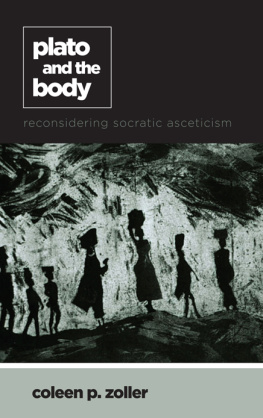
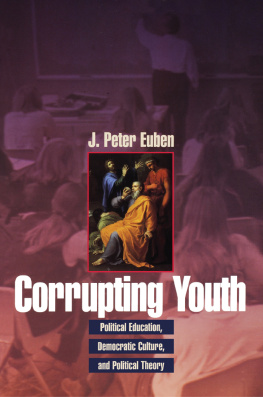
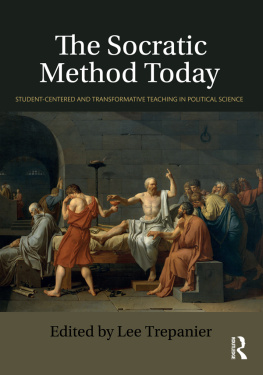
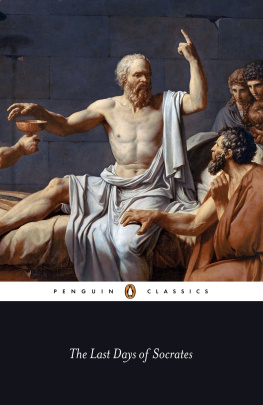
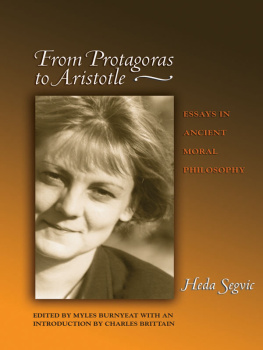
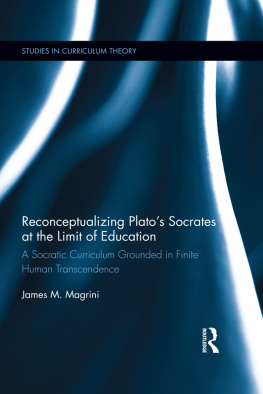


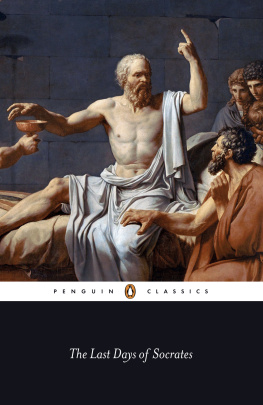
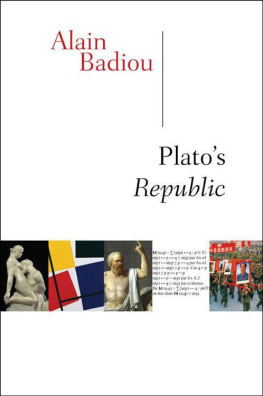
 The paper used in this publication meets the minimum requirements of American National Standard for Information Sciences Permanence of Paper for Printed Library Materials, ANSI/NISO Z39.48-1992.
The paper used in this publication meets the minimum requirements of American National Standard for Information Sciences Permanence of Paper for Printed Library Materials, ANSI/NISO Z39.48-1992.